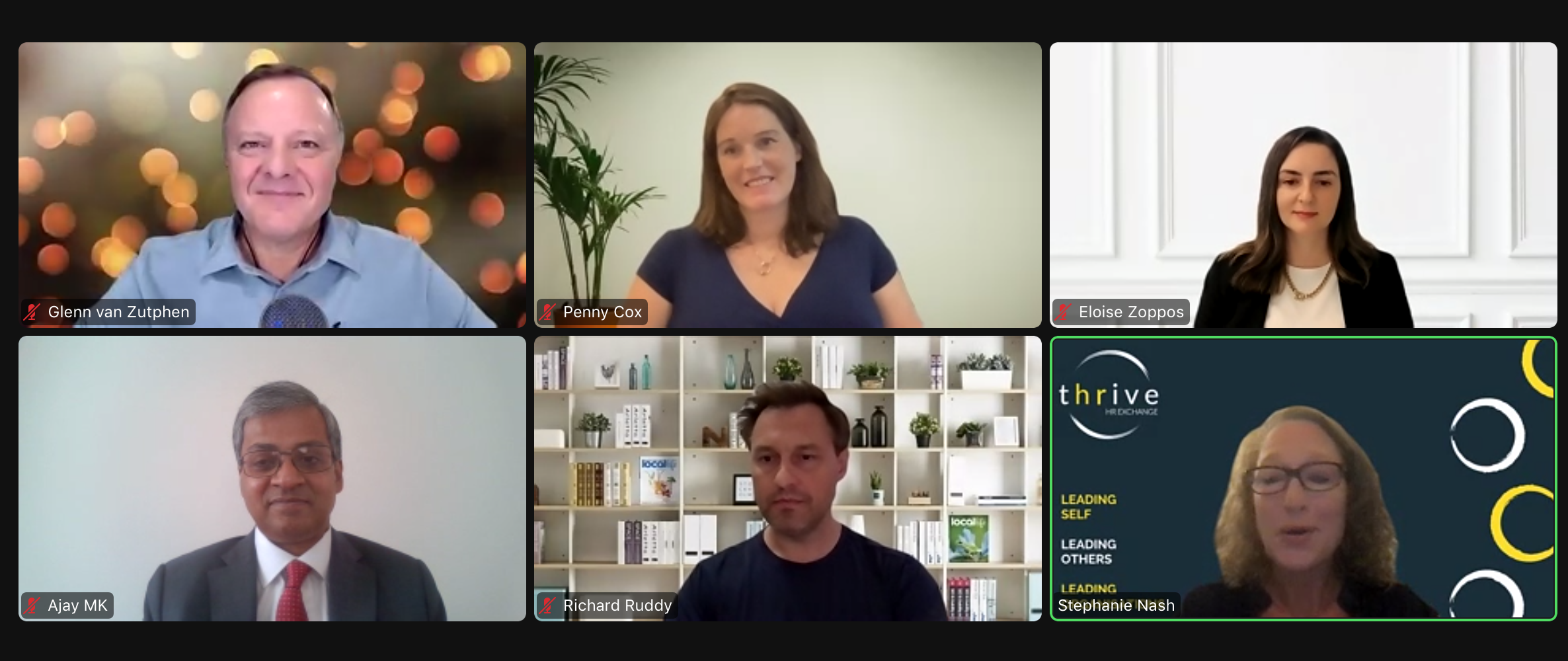In Brief: Soundbites from THRIVING LEADERS FORUM | Session 2
In our follow up session of the Thriving Leaders Series, we bring together another four industry experts to explore “Consumer trends and new market opportunities - implications for organisations & what HR Leaders need to know”. They include
Ajay MK, Director Human Resources, Asia Pacific at Colgate-Palmolive
Eloise Zoppos, Principal Consultant at ACRS (Australian Consumer and Retail Studies), Monash Business School
Penny Cox, Head of Recommerce and Senior Vice President, Carousell Group
Richard Ruddy, Retail & Commercial Executive, X-Lazada, X-Redmart, X-Ocado
Moderator Glenn van Zutphen, Founder, CEO of VanMedia Group Pte Ltd
Here are some key highlights from the session:
Penny on new trends and intra-organisational career shifts:
“What many e-commerces saw over the last two years was an acceleration of trends that were already in motion. Things went from ‘I can’t leave my house’ to ‘I won’t leave my house’, making delivery services critical. From an HR standpoint, that includes ‘work from home’ and ‘flexible working’. We’ve also seen at Carousell that you have to be very explicit in communicating how things will be going forward, such as whether we’re going to be going back to the office 100% of the time or whether things will be flexible. [...] We’ve also seen ‘The Great Rethink’ phenomenon, where people have had the time to think their lives - ‘what am I doing with my life?’ or ‘what do i want to do with my career?’ And yes, resignation is one way to make change but what we’re seeing more of is ‘how do I change tracks away from where I am right now?’. What we’ve seen a lot is people saying ‘I’m currently working in customer service and I want to try sales instead’ or ‘I’m a data analyst but I’d like to work in product’. And we’re doing our best to support these switches.”
Ajay on balancing employee well-being with delivering on customer expectations:
“It’s important to note that COVID recovery path ranges from country to country in Asia Pacific. One thing our company decided on was to decentralise how we structure and govern the return to office. So each country management team has significant autonomy to determine what works best in their market and for their workforce. But two questions, two principles, have been guiding us on a pan Asia Pac level. But two questions, two principles, have been guiding us. The first is ‘what do we want to achieve when people physically come to the office’ - so it’s less about time and more about amplifying the things that can be best achieved when people connect in person, in a physical space. A lot of it boils down to empathy - a lot of deep listening that happens when people come together in person, and deep listening is the foundation for innovation and collaboration that is needed to best serve our customers and our partners. The second is letting the employee dictate his or her rhythm because even within the same country, in the same workforce, or even in the same team, there are sometimes different employee needs and it’s clear that productivity is affected when there’s a mandated, one size fits all approach. We’re still learning and we’re staying humble to all possibilities as the situation evolves”
Eloise on setting expectations and doing good by employees:
“The research is telling us that one of the challenges employees are facing is not knowing what the expectations are - when they should be in the office, what day they should go in, or do they have to be in the office - so there really needs to be some clarity around this ‘new normal’. We’re seeing that flexibility is very much necessary, including very clear outlines, such as ‘everyone needs to come in on Tuesdays, everyone works from home on Fridays’ and so on. At the same time, there needs to be some flexibility in that we can change the days when it’s really necessary. Another consideration is that when you ask your employees to come into the office, you need to make it worth it. People have gone two years without needing to commute for an hour or two every day so they’ve gotten that time back for family, their hobbies and to prioritise their wellness. So if we’re asking employees to commute back to the office, to adjust back to giving up that time, we really need to make the office environment worth it.”
Richard on how HR can maintain employee morale in a downturn:
“It’s always been about openness and communication. Recessions put pressure on things like cost of living but downturns also create business opportunities. There’s a chance for companies to be agile and to ideate, to make sure the business has a longer term future. It’s about asking the employees and engaging them in an open way - about engaging your brightest employees to come up with the cutting edge ideas that will keep the business thriving, or if the company is under pressure, the ideas on how to pivot so they stay relevant in the new context. These are all areas that HR can support by having the right structure, framework, and ability to be open with employees and be open to that kind of ‘ground-up development’. There’s no better time than during a recession to review how a business has been operating or whether the product or service it’s offering still resonates with customers.”
Register here for our next Thriving Leaders Forum on 9th September on The Rise of ESG and how it Affects Organisational Responsibilities.

